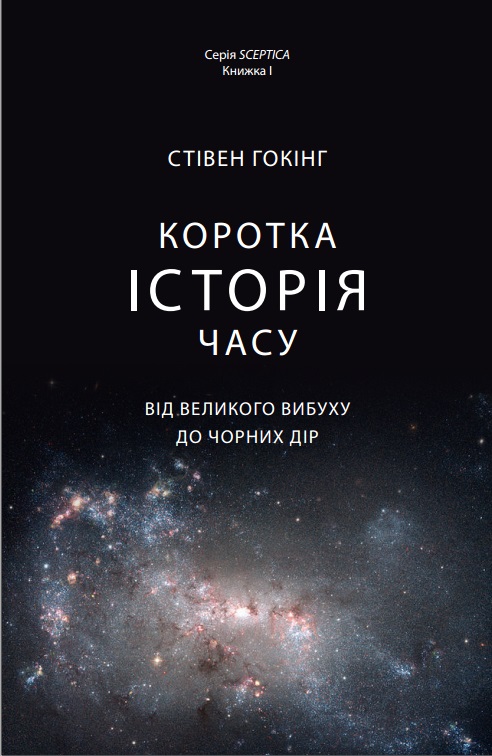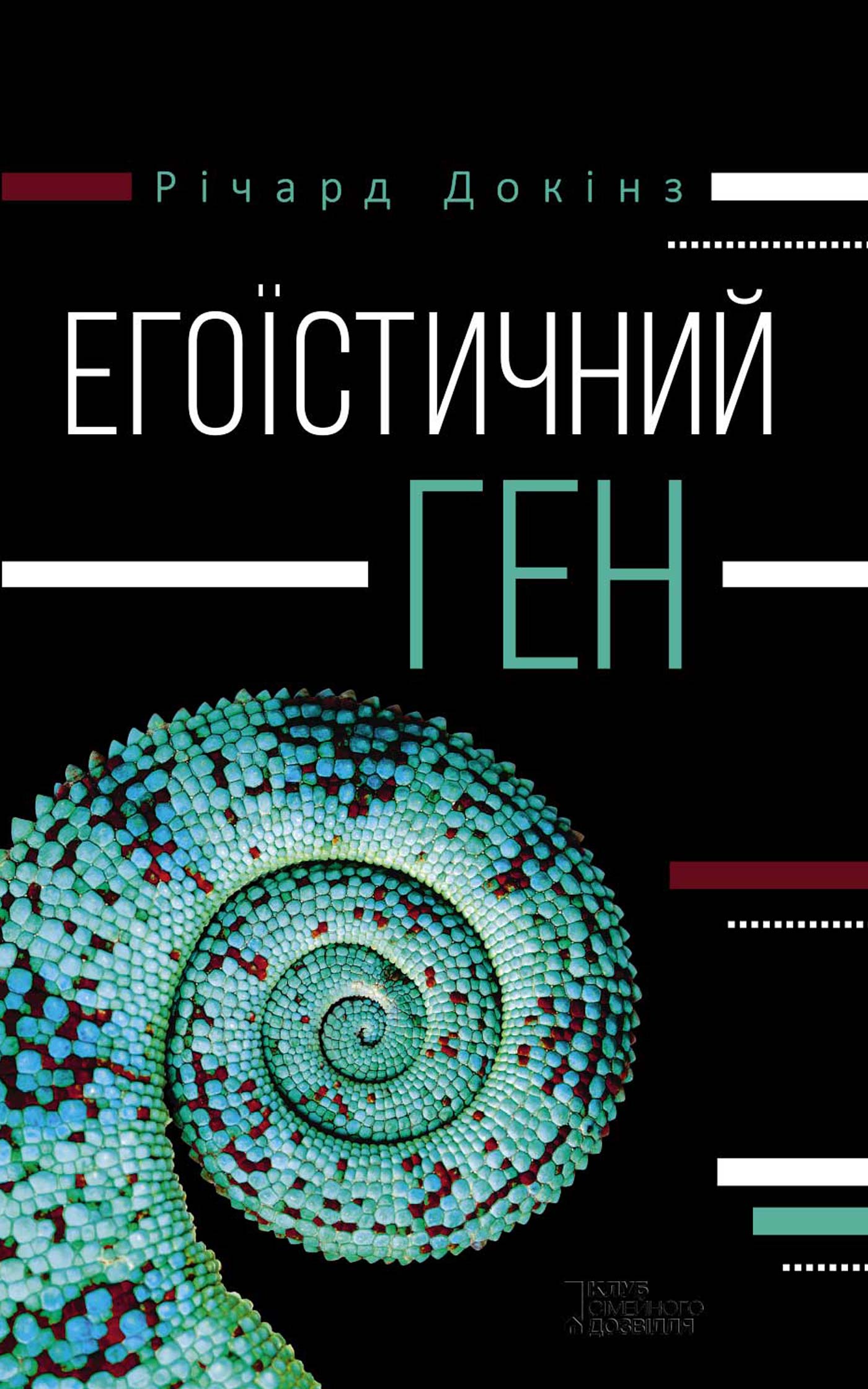Жан-Франсуа Марміон - Чому люди тупі? Психологія дурості
Шрифт:
Інтервал:
Добавити в закладку:
79
J. M. Twenge et W. K. Campbell, The Narcissism Epidemic, Atria Paperback, 2009.
80
E. Russ, J. Shedler, R. Bradley, D. Westen, «Refining the construct of narcissistic personality disorder: diagnostic criteria and subtypes» in Am J Psychiatry, 2008, 165, 11, 1473—1481.
81
C. Lasch, The Culture of Narcissism, Norton, 1979.
82
D. N. Jones, D. L. Paulhus, «Introducing the short Dark Triad (SD3): a brief measure of dark personality traits», Assessment, 2014, 21, 1, 28—41.
83
E. H. O’Boyle, D. R. Forsyth, G. C. Banks, M. A. McDaniel, «A meta-analysis of the Dark Triad and work behavior: a social exchange perspective» in J Appl Psychol, 2012;97 (3):557—579.
84
Extrait de l’échelle: «êtes vous un sale con certifié?», Sutton, 2007, version française, 2012.
85
C. J. Carpenter: «Narcissism on Facebook: Self-promotional and anti-social behavior» in Personality and Individual Differences, 52, 2012, 482—486.
86
J. A. Lee et Y Sung, «Hide-And-Seek:Narcissism And ‘‘Selfie’’-Related Behavior» in Cyberpsychology, Behavior, and Social Networking, DOI: 10.1089/Cyber.2015.0486.
87
S. Casale, G. Fioravanti, L. Rugai, «Grandiose and Vulnerable Narcissists: Who Is at Higher Risk for Social Networking Addiction?» in Cyberpsychology, Behavior, and Social Networking, 2016, 19, 8, 510—515.
88
Pew Research center, October, 22, 2014, https://www.pewinternet.org/files/2014/10/PI_OnlineHarassment_102214_pdf1pdf.
89
E. E. Buckels, P. D. Trapnell, D. L. Paulhus: «Trolls just want to have fun, Personality and Individual Differences», 2014, 67, 97—102.
90
La Méchanceté en actes à l’ère numérique, CNRS éditions, 2018.
91
La Société du spectacle, Folio, 1996.
92
https://www.blogdumoderateur.com/twitter-images-engagement/
93
«Le philosophe masqué» (entretien avec C. Delacampagne, février 1980), Le Monde, n° 10945, 6 avril 1980. Dits et écrits, tome IV, coll. «Quarto», Gallimard, texte n° 285.
94
Переклад А. Содомори.
95
https://www.youtube.com/watch?v=TwIuTLBmEkE, станом на 24 березня 2018 року.
96
https://www.youtube.com/watch?v=M7trhwLQ3QQ.
97
Le Bouc émissaire, Le Livre de poche, 1982, p. 29.
98
Шадоки (Les Shadoks) — антропоморфні схожі на птахів створіння, злі й дурні, герої однойменного мультсеріалу, надзвичайно популярного у Франції в другій половині минулого століття.
99
Фраза, яку начебто сказав генерал де Ґолль, коментуючи гасло «Смерть дурням!» (Mort aux cons!).
100
L’Innocence et la Méchanceté, Flammarion, coll. Champs, 1986.
101
A. Van Reth et Michaёl Fossel, La Méchanceté, Plon-France culture, 2014, p. 95.
102
De l’art de dire des conneries, 10/18, 2006, p. 32.
103
Les Nouvelles formes de la verité, de la beauté et de la bonté, Odile Jacob, 2013.
104
Це залежить.
105
Про смаки не сперечаються.
106
A. Farrachi, Le Triomphe de la bétise, Actes Sud, 2018.
107
https://languages.oup.com/word-of-the-year/word-of-the-year-2016.
108
P. Engel, «The epistemology of stupidity», in M. A. Fernбndez Vargas (ed.), Performance Epistemology: Foundations and Applications, Oxford UP, pp. 196—223, 2016.
109
A. Roger, Bréviaire de la bêtise, Gallimard, 2008; voir aussi M. Adam, Essai sur la bêtise, La Table Ronde, 2004.
110
L. Penny, Your Call is Important to Us: the Truth About Bullshit, Three Rivers Press, 2005.
111
B. Cannone, La Bêtise s’améliore, Pocket, 2016.
112
R. Nickerson, «Confirmation bias: a ubiquitous phenomenon in many guises» in Review of General Psychology, 2, 175—220, 1998.
113
O. Hahl, M. Kim et E. W. Z. Sivan, «The authentic appeal of the lying demagogue: proclaiming the deeper truth about political illegitimacy» in American Sociological Review, 83, 1—33, 2018.
114
K. Stanovitch, «Rationality, intelligence, and levels of analysis in cognitive science: is dysrationalia possible?» in R. Sternberg (Ed.), Why smart people can be so stupid, Yale UP, pp. 124—158, 2002.
115
B. Hofer et P. Pintrich, (Eds.), Personal Epistemology: the Psychology of Beliefs about Knowledge and Knowing, Lawrence Erlbaum Associates, 2002.
116
Зауважмо, що так само дуже важко для когось розумного й розсудливого уявити собі ментальний усесвіт дурня. Це явище іноді називають «прокляттям знання», S. Birchet P. Bloom, «The curse of knowledge in reasoning about false beliefs» in Psychological Science, 18, 382—386, 2007.
117
D. Dunning, «The Dunning-Kruger effect: on being ignorant of one’s own ignorance» in Advances in Experimental Social Psychology, 44, 247—296, 2011.
118
http://ordrespontane.blogspot.com/2014/07/brandolinis-law.html.
119
S. Dieguez, «Qu’est-ce que la bêtise?» in Cerveau & Psycho, 70, 84—90, 2015.
120
S. Blancke, M. Boudry, M. Pigliucci, «Why do irrational beliefs mimic science? The cultural evolution of pseudoscience» in Theoria, 83, 78—97, 2017.
121
A. Piper, «Pseudorationality», in B. McLaughlin et A. Rorty (Eds.), Perspectives on Self-Deception, University of California Press, pp. 173—197, 1988.
122
R. Musil, De la bêtise, Allia, 1937.
123
J. Tosi et B. Warmke, «Moral grandstanding» in Philosophy and Public Affairs, 44, 197—217, 2016; Crockett, M., «Moral outrage in the digital age» in Nature Human Behaviour, 1, 769—771, 2017.
Увага!
Сайт зберігає кукі вашого браузера. Ви зможете в будь-який момент зробити закладку та продовжити читання книги «Чому люди тупі? Психологія дурості», після закриття браузера.


















